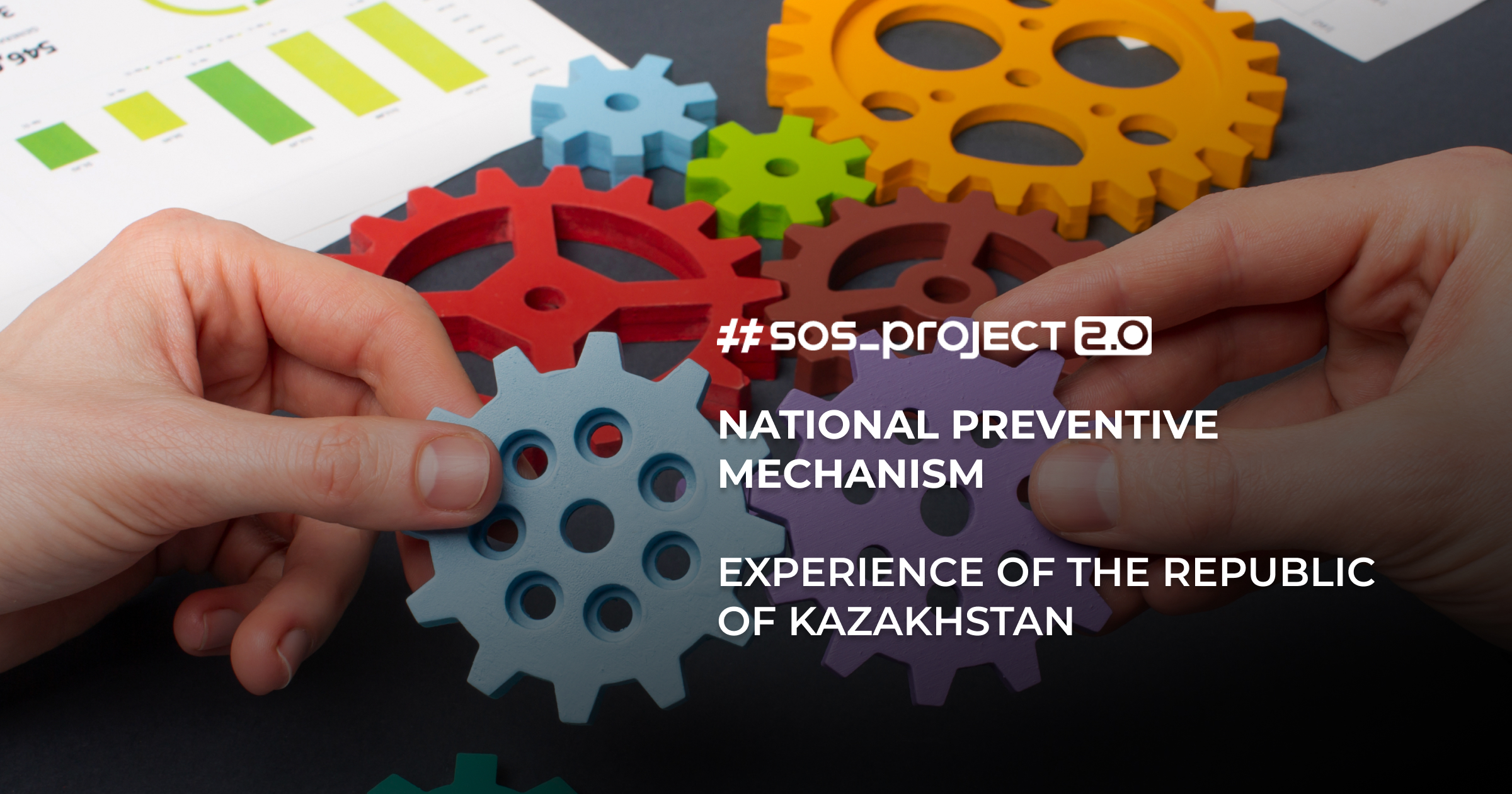We invite you to immerse yourself in the important and relevant topic of protecting the rights and dignity of citizens in places of detention. The National Preventive Mechanism (NPM) of the Republic of Kazakhstan is a system developed in accordance with UN international treaties to prevent torture and ill-treatment of persons in detention.
The NPM of Kazakhstan is a mechanism of independent expert visits to institutions and organizations where citizens are detained in accordance with court decisions. Its task is to ensure that the rights and dignity of every person deprived of liberty are respected. It is important to realize that even in such conditions, every citizen has inalienable rights to respectful and humane treatment.
This document represents years of intensive work in the field of ensuring human rights in places of deprivation of liberty in Kazakhstan. Over the course of three years, targeted systematic activities have been carried out to support civil society organizations and ensure monitoring of the situation of access to services and rights in the country’s correctional institutions.
Particular attention is paid to issues of safety, health and respectful treatment in prison settings. One of the key challenges is to prevent the spread of infectious diseases such as HIV. Statistics show an increase in the number of HIV infections among prisoners, which emphasizes the urgency of the issue.
It is important to note that the NPM is becoming a powerful tool for controlling and monitoring the observance of citizens’ rights to health care in places of detention. This mechanism makes it possible to respond to human rights challenges and contribute to the improvement of detention conditions.
A detailed report on the work of the National Preventive Mechanism of the Republic of Kazakhstan is available at the link below. In it you will find detailed data, analysis and proposals aimed at further strengthening the rights and dignity of persons in detention.
Link to the report: bit.ly/45u9zfR






